Position Papers

Molecules: The Eurogas Newsletter | January 2024 | Joint Editorial
JOINT EDITORIAL | By Didier Holleaux, President of Eurogas, and Timm Kehler, President of NGVA Europe Dear readers, Hello and welcome to the January edition
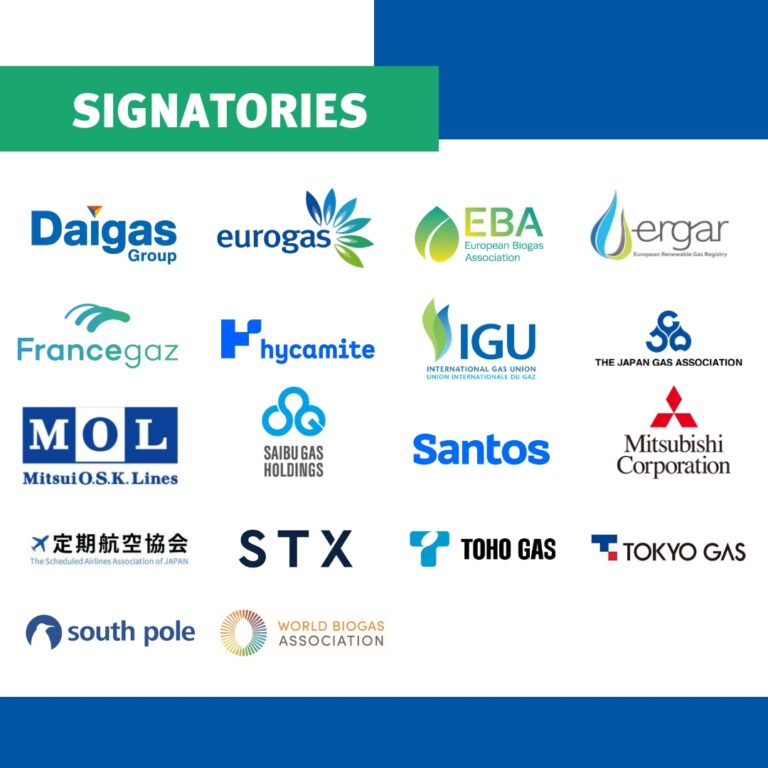
The GHG Protocol Update should include Market-Based Accounting.
Eurogas and 17 other organisations call on the GHG Protocol Secretariat to include market-based accounting and the recognition of low-carbon fuels certificates in Scope 1

Eurogas Statement: US LNG exports to Europe contribute to security of supply, the energy transition and both economies.
Europe is committed to phase out its dependency on Russian gas in the wake of Russia’s invasion of Ukraine, and has tied this shift to

EMIR 3 trialogues: Adopt changes to the clearing threshold calculation without delay.
Eurogas and its cosignatories of the Joint Energy Associations Group (BDEW, EFET, Eurelectric, and IOGP) endorse the changes agreed by all three EU institutions to
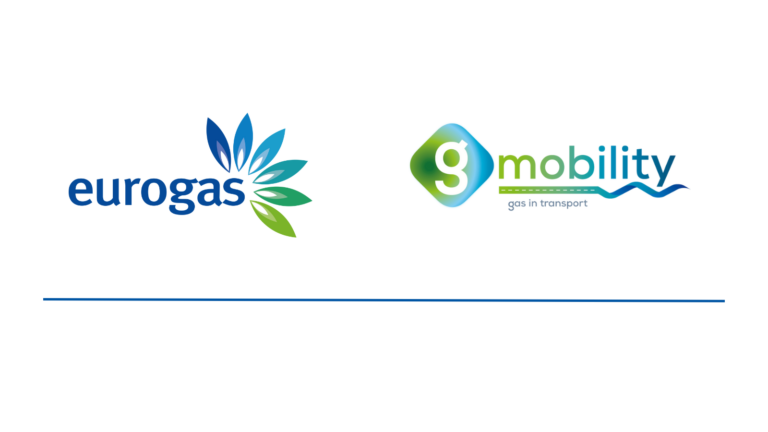
Eurogas and NGVA Europe join forces to decarbonise European road transport.
Eurogas and NGVA Europe are unifying their voice on transport topics after years of close collaboration developing common positions. The recent Green Deal legislative package
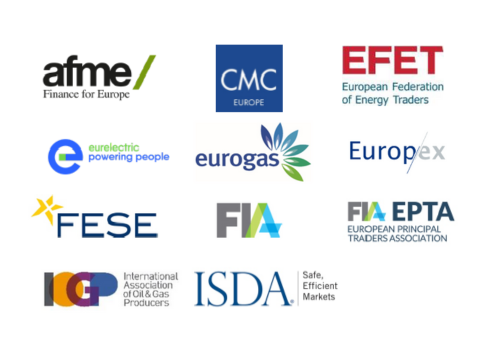
REMIT II should provide adequate implementation periods.
REMIT II introduces substantial changes to numerous REMIT provisions, for which adequate transitional periods should be foreseen. This would ensure proper implementation and compliance in
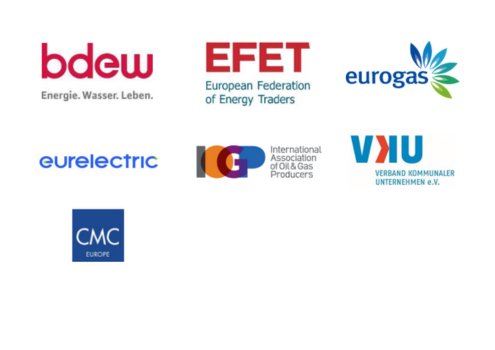
Back-up disclosure channels would help enable energy firms manage risk effectively.
Eurogas and cosignatories welcome that the disclosure of inside information through IIPs (Inside Information Platforms) will be regulated by the new REMIT II framework. IIPs
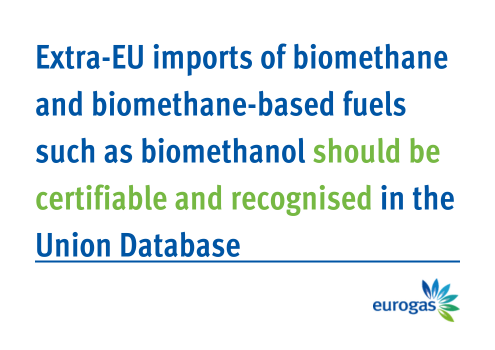
Biomethane imports should be automatically included in the Union Database.
Eurogas and seven other industry organisations call on the European Commission to immediately and fully include biomethane and biomethane-based imports in the Union Database. Excluding
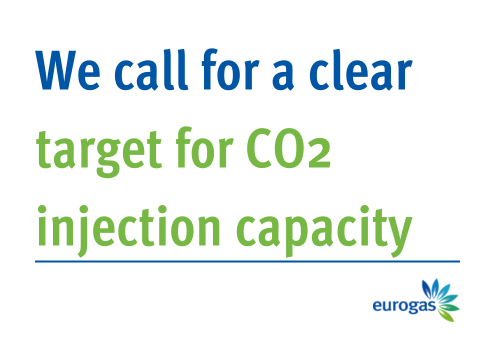
CCU/S technologies in NZIA are welcome, but we must also have a clear target for CO2 injection capacity.
In line with prior calls, Eurogas and the European Energy Retailers association welcome the Net Zero Industry Act’s acknowledgment of the CCS and CCU supply
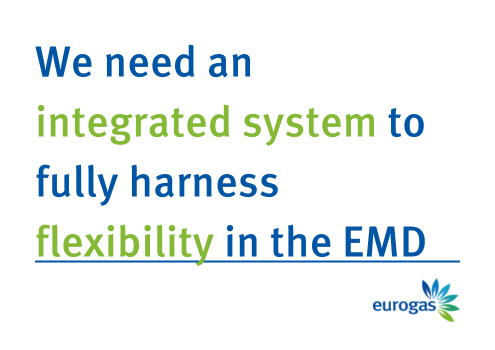
We need an integrated systems perspective to fully harness flexibility in the Electricity Market Design.
The undersigned organisations include Eurogas, Cogen Europe, EBA, EUGINE, EUTurbines, and Hydrogen Europe and represent multiple energy carriers and integrated energy solutions. While demand response
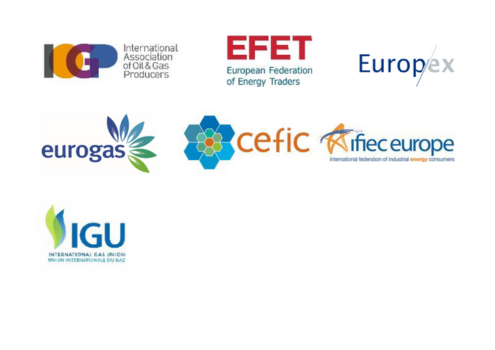
We propose the Commission prolong the Energy Platform for one year while assessing its impact
In line with our position paper on the extension of AggregateEU, Eurogas has signed a joint letter directed to DG ENER along with six other
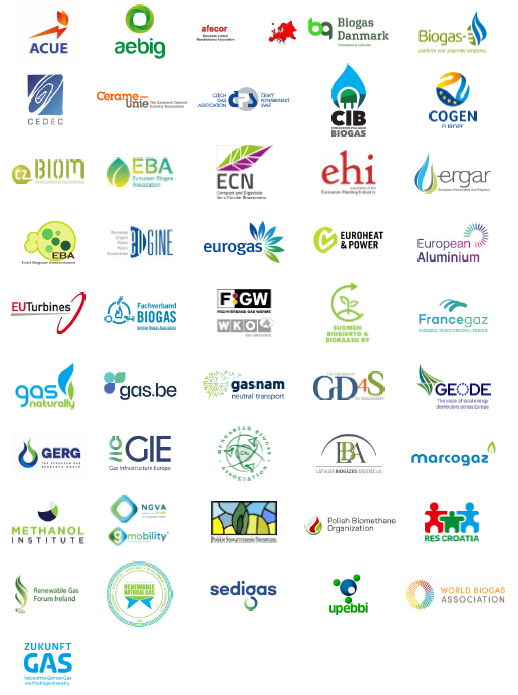
We need a binding biomethane target for 2030
Eurogas and 48 other organisations involved in the decarbonisation of the gas industry in Europe call on the European Union to include a binding 2030

